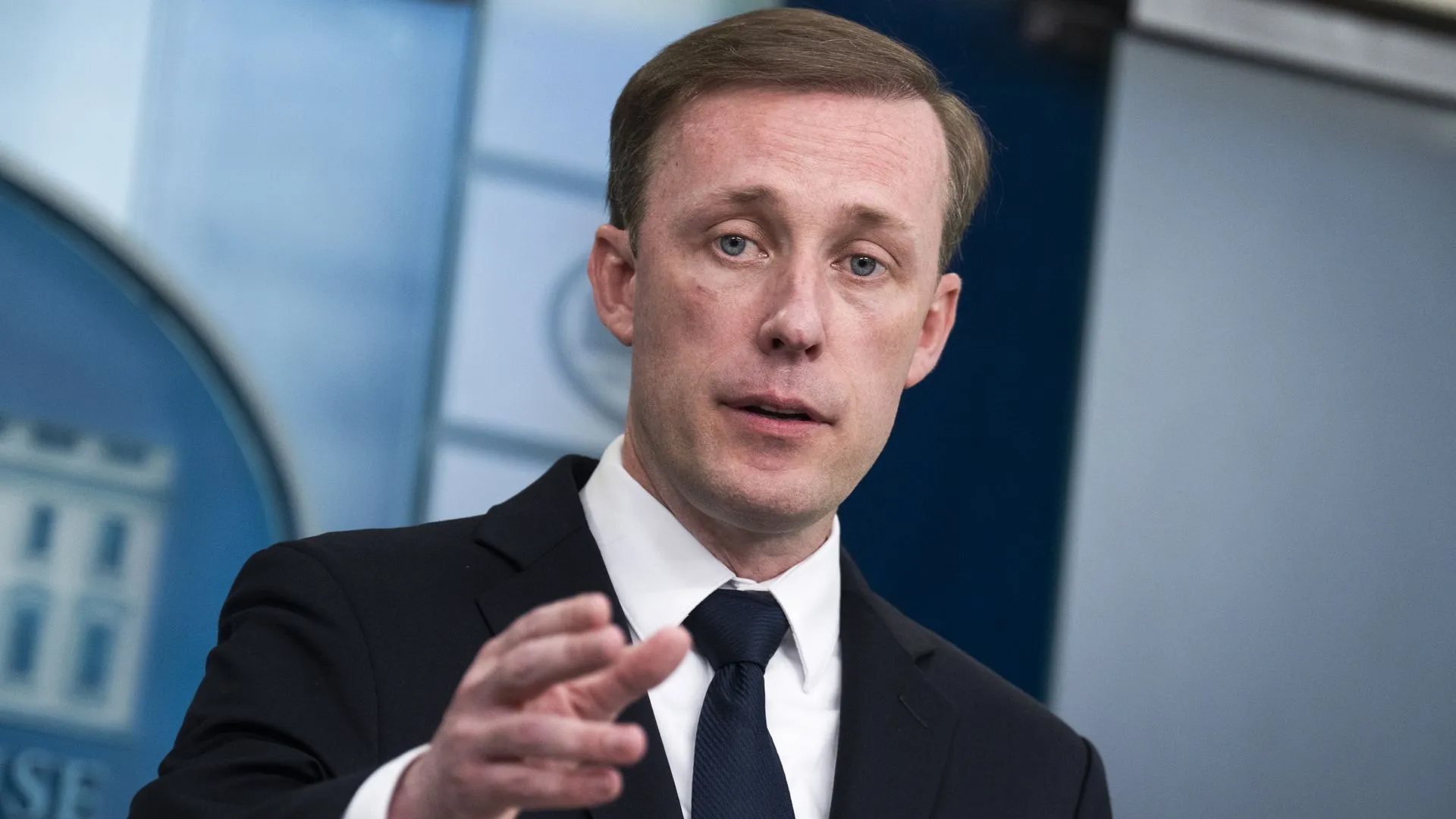WASHINGTON, Jan 4: Outgoing US National Security Advisor Jake Sullivan is set to visit India on January 5 and 6 to engage with his counterpart Ajit K Doval and other senior government officials. This visit aims to conclude talks on a wide array of bilateral, regional, and global matters and finalize key ongoing initiatives, as stated by the White House on Friday.
Sullivan, who made history as the youngest national security advisor when he was appointed by President Joe Biden on January 20, 2021, will also present a significant speech focused on India at IIT, New Delhi, during his final trip to India before his departure from office. He will be succeeded by Congressman Michael Waltz on January 20, coinciding with Donald J Trump’s inauguration as the 47th President of the United States.
The primary objective of Sullivan’s visit is to facilitate a final engagement and dialogue with National Security Advisor Ajit Doval, as revealed by a senior administration official during a conference call Friday afternoon.
The discussions will encompass a wide range of topics across their partnership, particularly emphasizing strategic technology cooperation in various sectors, including defense, space, and artificial intelligence, the official noted.
“During this meeting, the two national security advisors will reflect on the progress achieved over the past four years, which has been an exceptionally transformative period in this relationship. They will also aim to conclude significant ongoing initiatives that are vital for continuing our technology cooperation until the end of this administration, as well as identifying new opportunities for future collaboration,” stated the anonymous official.
According to the Biden administration, the US-Indian relationship stands out as a significant highlight and a true legacy achievement in their foreign policy, marked by enduring bipartisan support across different US administrations, the official added.
Sullivan is expected to highlight in his speech at IIT Delhi how integral India is to US objectives not only in the Indo-Pacific region but also on a global scale. “This partnership remains resilient to considerable partisan shifts in the United States and has established a foundation of support we anticipate will persist,” the official remarked.
Throughout his visit, he will also engage with External Affairs Minister S Jaishankar and other Indian leaders. The US delegation, led by Sullivan, will include members from various government sectors.
“During this trip, we will have opportunities to connect with business leaders and young entrepreneurs in India, underscoring that the advancements we have made in this relationship under the Biden administration stem not only from government-to-government interactions but also from robust people-to-people and company-to-company connections between the United States and India,” the official elaborated.
“Our overall message at the conclusion of this visit is one of immense gratitude for the friendship and partnership that President Biden and Prime Minister Modi have cultivated over the last four years, coupled with a sense of optimism for future endeavors, including commercial space cooperation and opportunities in civil nuclear energy and green technology.
“We believe all these areas are primed for significant future growth, and we are proud that the Biden administration has laid a solid foundation for continued progress,” the official concluded.
A different senior administration official provided journalists with additional insights on Sullivan’s agenda for this trip, which includes several key objectives.
The first item is to advance the civil nuclear partnership, particularly focusing on enhancing cooperation around small modular reactor technology and other forms of civil nuclear collaboration. The second focus is addressing overcapacity issues related to the People’s Republic of China, including legacy chips and biopharma supply chains, while aligning strategies on ICT risks and cyber protection measures related to items such as connected vehicles and the newly announced investigation into Chinese drones.
The third area of discussion will revolve around artificial intelligence and national security, following the completion of their national security memorandum on AI and other regulatory measures.
The fourth focus will be promoting new commercial space cooperation, as the US finalizes amendments to its own Missile Technology Control Regime concerning licensing policies.
Lastly, they aim to unlock funding for US-India R&D partnerships under the university-based local challenges institute, as noted by the second official. (Agencies)


Leave a Reply